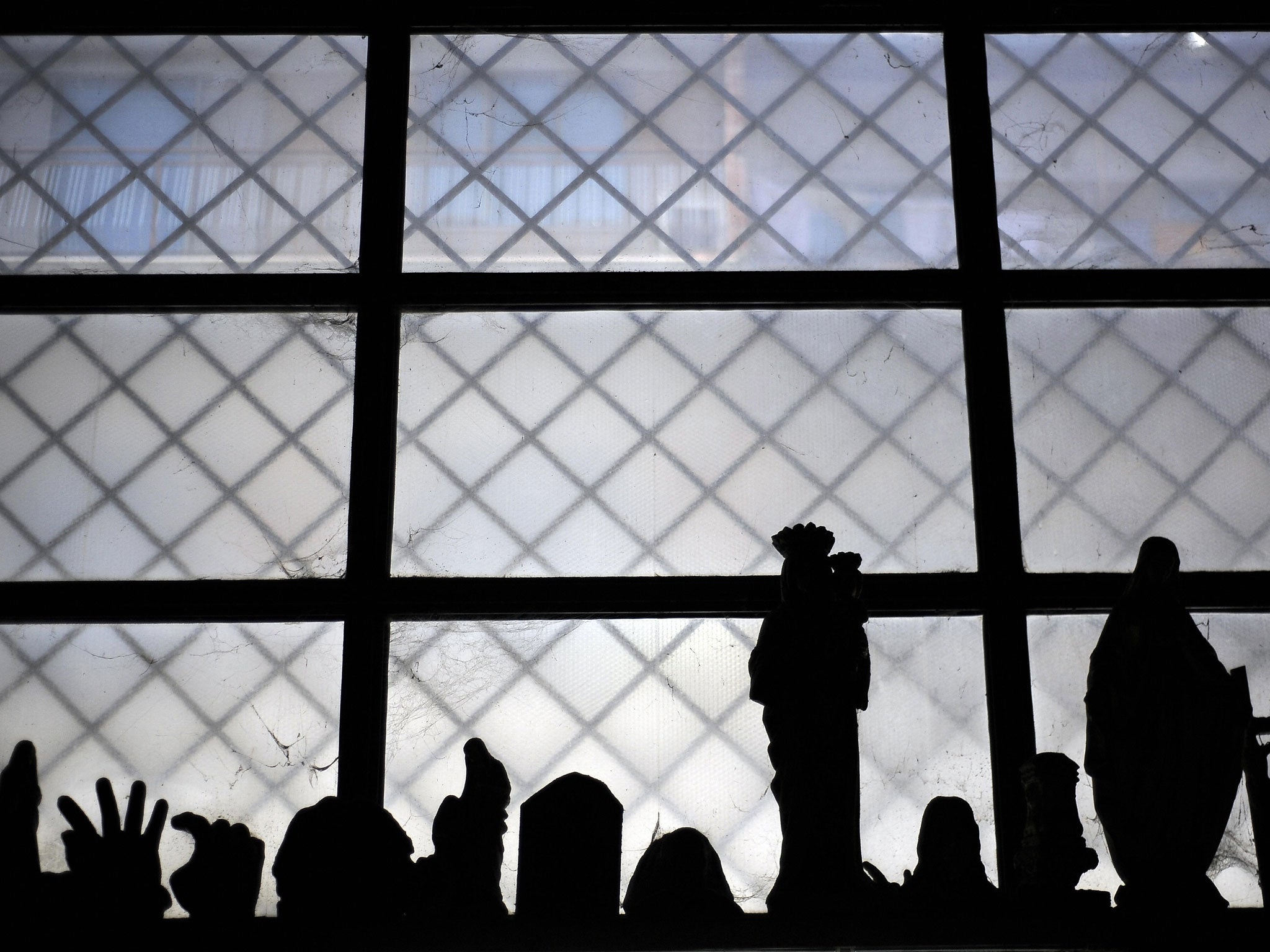After 1,000 years, Italian bell makers ring the changes with exports taking up the slack

Your support helps us to tell the story
From reproductive rights to climate change to Big Tech, The Independent is on the ground when the story is developing. Whether it's investigating the financials of Elon Musk's pro-Trump PAC or producing our latest documentary, 'The A Word', which shines a light on the American women fighting for reproductive rights, we know how important it is to parse out the facts from the messaging.
At such a critical moment in US history, we need reporters on the ground. Your donation allows us to keep sending journalists to speak to both sides of the story.
The Independent is trusted by Americans across the entire political spectrum. And unlike many other quality news outlets, we choose not to lock Americans out of our reporting and analysis with paywalls. We believe quality journalism should be available to everyone, paid for by those who can afford it.
Your support makes all the difference.The process of making bronze bells hasn’t altered much in 1,000 years at the Pontifical Marinelli Foundry. What’s changing is where they chime, as Italy’s oldest family business looks abroad to avoid the economy at home.
The company in Agnone, a small town about 137 miles south-east of Rome, has increased exports to 20 per cent of its revenue – four times the proportion a decade ago.
With the Italian economy entering a third year of recession, reliance on sales abroad is only going to get greater, said Pasquale Marinelli, who owns the foundry with his brother, Armando.
“In Italy, any decisions about spending, including ones for bells like ours, are on hold until better times,” said Mr Marinelli, 43, whose company’s bells hang in the United Nations building in New York, the Vatican and Leaning Tower of Pisa. “The orders from abroad allow us to work all year round.”
Italy is enduring its longest economic slump since records began after the Second World War. In the past five years, at least 37,000 Italian family companies have closed, according to the CGIA association of small businesses.
“Any Italian manufacturer who wants to survive the crisis needs to sell abroad at least 80 per cent,” said Carlo Alberto Carnevale Maffe, a professor of business strategy at Milan’s Bocconi University.
“Marinelli’s bells have both a functional value and a symbolic one, which makes them peculiar and puts them in that small group of the so-called ‘made in Italy’ quality products poised for success despite the downturn.”
Ravaged by the debt crisis triggered in Greece four years ago, southern European countries are trying to export their way back to some sort of prosperity.
As Italy sank into its latest economic decline, Pasquale Marinelli travelled as far as New Delhi and Equatorial Guinea from his town of 5,200 in the mountains of Molise to promote his wares. The foundry’s flagship product is a 00kg bronze bell costing about €3,000 (£2,500) plus installation and delivery costs.
Clients range from heads of state to the Sapporo Sport Centre in Japan, while its traditional focus of selling to Catholic churches has meant a steady flow of business, albeit increasingly from outside Italy.
Almost half the world’s 1.2 billion Catholics live in Latin America and their numbers have increased by more than 50 per cent in the past 30 years, compared with growth of 4.9 per cent in Europe, according to Vatican statistics.
“They say we are like a barometer for faith, meaning that we are able to measure whether the faith is rising or falling,” said Armando Marinelli, 53, Pasquale’s brother. “In Italy at present there is confusion and uncertainty and, let’s be frank, people are reluctant to spend money.”
During the Second World War, the fascist regime ordered the seizure of half of Italy’s church bells to produce cannons. The Marinellis’ grandfather would alert priests ahead of time so that they could bury their bells, hiding them from authorities.
“After the war churches were being rebuilt all over and new ones were springing up,” said Delli Quadri, 75, who was hired in 1954. “Those were good days.”
The Marinellis, who inherited their business from their uncle in 2003, are second on the ranking of the world’s oldest family businesses, behind the Japanese hotel Hoshi Ryokan, which has been run by the same family since 718, according to a list compiled by Philadelphia-based Family Business magazine.
©The Washington Post/Bloomberg
Join our commenting forum
Join thought-provoking conversations, follow other Independent readers and see their replies
Comments